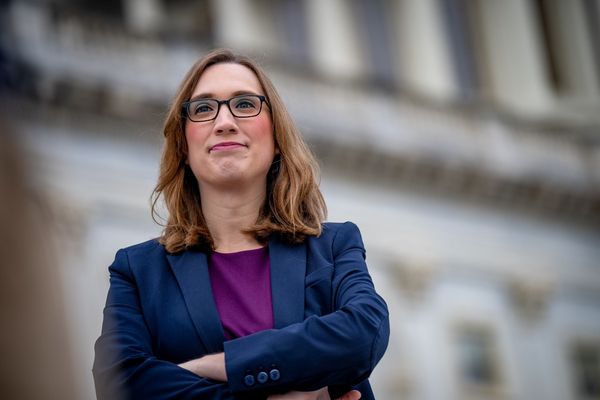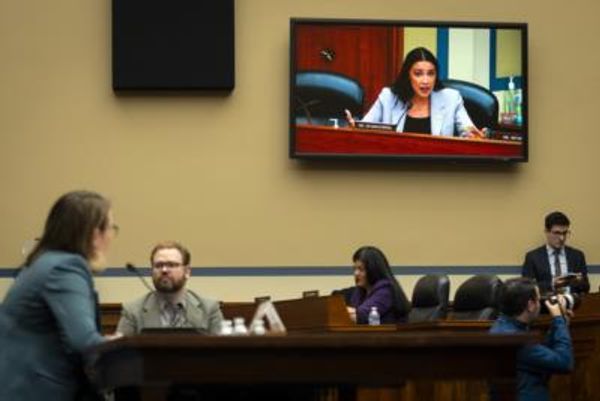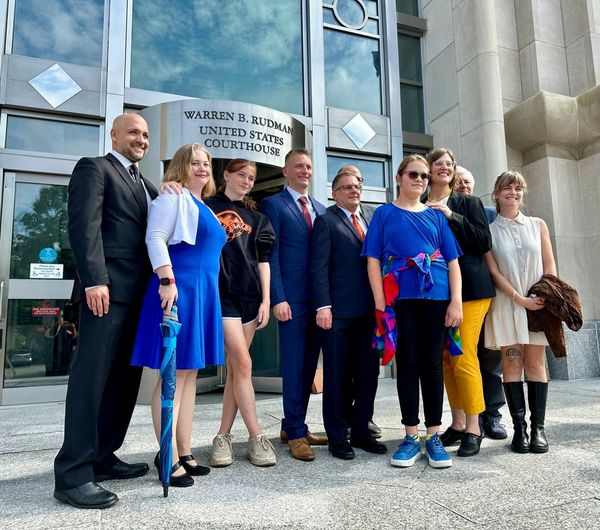Gambling used to be unique to Las Vegas and Atlantic City. That made those two cities very special destinations and gave enormous power to the companies that held gaming licenses in those locations.
Now, between the rise of casinos on Native American tribal land, some of which are operated by Caesars Entertainment (CZR) and MGM Resorts International (MGM), and changing laws in a variety of states, legal casinos have become much more prevalent.
That creates opportunity, but it also creates risk. Casinos aren't cheap to build. Investment can range from hundreds of millions to over $1 billion, And while many markets have performed well, there's no guarantee that demand for new casinos will be endless.
But New York City, which has been off-limits for full casino licenses, now has state approval for two casinos in that region.
That doesn't mean that Caesars and MGM will open up casinos next to Madison Square Garden or on Fifth Avenue. Instead, it could mean that MGM gets a full license at its Westchester Empire Casino, a property just outside New York City that currently has video slot machines.
No matter where the casino ends up, MGM, Caesars and Wynn Resorts (WYNN) appear to be in the mix for the licenses. Even Hard Rock International, owned by Florida's Seminole tribe, which has taken over operations of The Mirage and plans to build a guitar hotel on that site, might vie for the project.

Image source: Shutterstock.
What's Happening in New York?
The State of New York has moved forward with plans to allow two full casino licenses in the greater New York City area, according to the Las Vegas Journal-Review. Those licenses won't be cheap, but still and all, a lot of companies have expressed interest.
“The legislation sets a minimum license fee of $500 million but gives the New York State Gaming Commission the option to accept higher bids,” said Las Vegas-based John DeCree, senior analyst with CBRE Equity Research.
“The slot and table tax minimums are expected to be set at 25% and 10%, respectively, but will ultimately be determined by a competitive bidding process similar to the mobile sports wagering licensing process.”
That's a step price with very high taxes (Nevada has a maximum tax rate of 6.75%), but that should not deter the companies. New York not only has a dense population of nearly 8.5 million, it's a major tourist attraction that draws visitors from around the world.
Resorts World, which has a limited casino license for its property in the New York City borough of Queens, would also likely make a bid to get a full license.
New York City Councilwoman Nantasha Williams offered her support to Resorts World’s bid for a full casino license, QNS reported.
“Southeast Queens was disproportionately harmed by the pandemic. With Resorts World, we can build a better future with an intentional recovery that puts community first,” Williams wrote in an op-ed.
“If Resorts World’s location in Queens was granted an expanded license, it would directly create hundreds of good-paying union jobs in an area that needs it most.”
Caesars May Pass on New York
While Caesars has been named by the Review-Journal as a contender for a New York license, its chief executive, Tom Reeg, cast some doubt on that during his remarks in the company's fourth-quarter earnings call.
"So in New York, how do I answer this politely? New York is a difficult regulatory state. I think it's going to be extremely expensive to build there. I think it's going to be an extremely expensive license fee," he said.
"And I think there's a likelihood that you're going to have to solve some other problem of the city in addition to creating the jobs that you do in building a casino. So it's not going to be enough to pick a site, build a casino, create the jobs and generate a return. There's going to have to be other investment there as well."
Reeg did not fully rule out the possibility, but he walked right up to that line when it came to the idea of building a casino. At the same time, he seems open to operating one.
"So I would say, on our balance sheet, it's extraordinarily unlikely that we make a material investment into New York land based," he said.
"Now there are others that take a different view in terms of the investment opportunity there for a variety of reasons. If one of those developers wants to talk to a manager that brings 65 million reward members and powerful brands, we'd be very interested in having that discussion."







